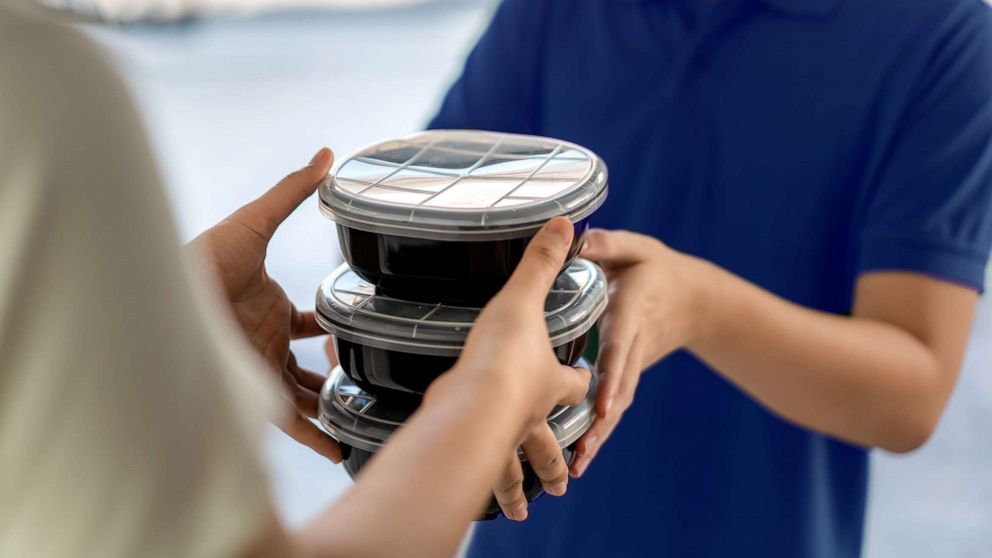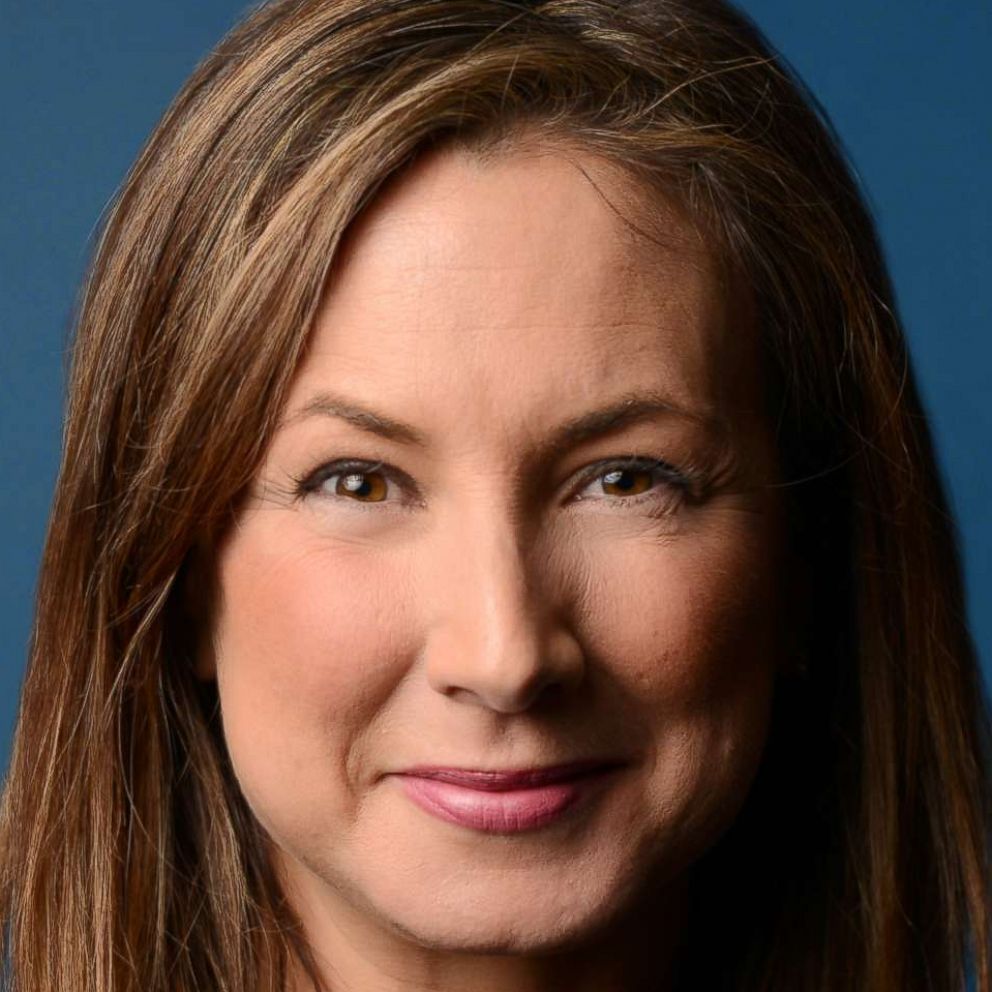Momtroversy: Did 'meal train dad' go too far?


A father-to-be was blasted on a now-viral Twitter thread and dubbed the “meal train dad” for misusing a community strengthening website with picky request as he and his wife are expecting the birth of their newborn.
The core issue — judging from the hundreds of comments on the Twitter thread — is the level of detail he is asking for like “grain bowls with chicken, chickpeas and avocado," "escarole, sausage and white bean soup" and "dark chocolate (70%)."
The expecting parents even left instructions for if they do not want visitors and if their neighbor cannot cook one of their particular recipes they’re asked to “vacuum, wash dishes or walk the dog.”
The post has since been removed from the Meal Train website which advertises to “organize meals for a friend after a birth, surgery or illness.”
Yet, a vast majority of commentators think this particular post went way too far.
“This is just beyond,” said Beth Pilchik to “Good Morning American.” The mother of two said, “If this person is really having these challenges, this would not be the format or vehicle to ask for it. … I recommend they find a therapist to get the tools for dealing with a new baby and this life changing event.”
The post that went viral through another Twitter use highlighted a lonely supporter of “meal-train dad.”
"I live in a neighborhood where half a dozen or so of my neighbors have had kids - meal trains were common. It’s a lovely idea to help people who just had a newborn. Community support is wonderful and it takes a village," an unknown poster wrote with a smiley-face emoji.
So what do they experts say? It turns out, "meal-train dad" did one right, he asked for help.
"The actual requests were ridiculous with the recipes,” Donna Ellenbogen, a social worker and founder of Family Wellness Solutions, told "GMA." "But the very real fact is people need help during this time."
"I actually applaud this couple for taking the time to actually think about the support they might need as they take on this new role in life. Many couples spend more time deciding what stroller to buy or picking out little outfits then discussing the small everyday challenges and changes that they may face when a new baby arrives," Ellenbogen said.
Not everyone has family support nearby, Ellenbogen pointed out.
"Most importantly there is still a huge stigma around maternal and paternal mental health. New parents, moms in particular, are still expected to just keep going and act as if it’s all rainbows and butterflies when the reality, for many, is that they feel overwhelmed, and underprepared,” said Ellenbogen. “The vast majority of new moms will not ask for help because the metric of how well one is doing in new parenthood is not measured traditionally so many moms view asking for help as some type of parental failure."
Ellenbogen advises friends of expecting parents to check in with them after baby is born, meal train or not.
"For nine months a women is asked constantly how she is doing. Questions like 'how are you feeling? and 'Are you getting enough rest?' come all the time. Then the baby arrives and it suddenly becomes all about the baby,” said Ellenbogen. “Many moms mental health status isn't looked at until their six week postpartum check-up…This is a time when women are at high risk for developing PPD and/or PPA signs and symptoms are often overlooked by people even closest to the new mom."



